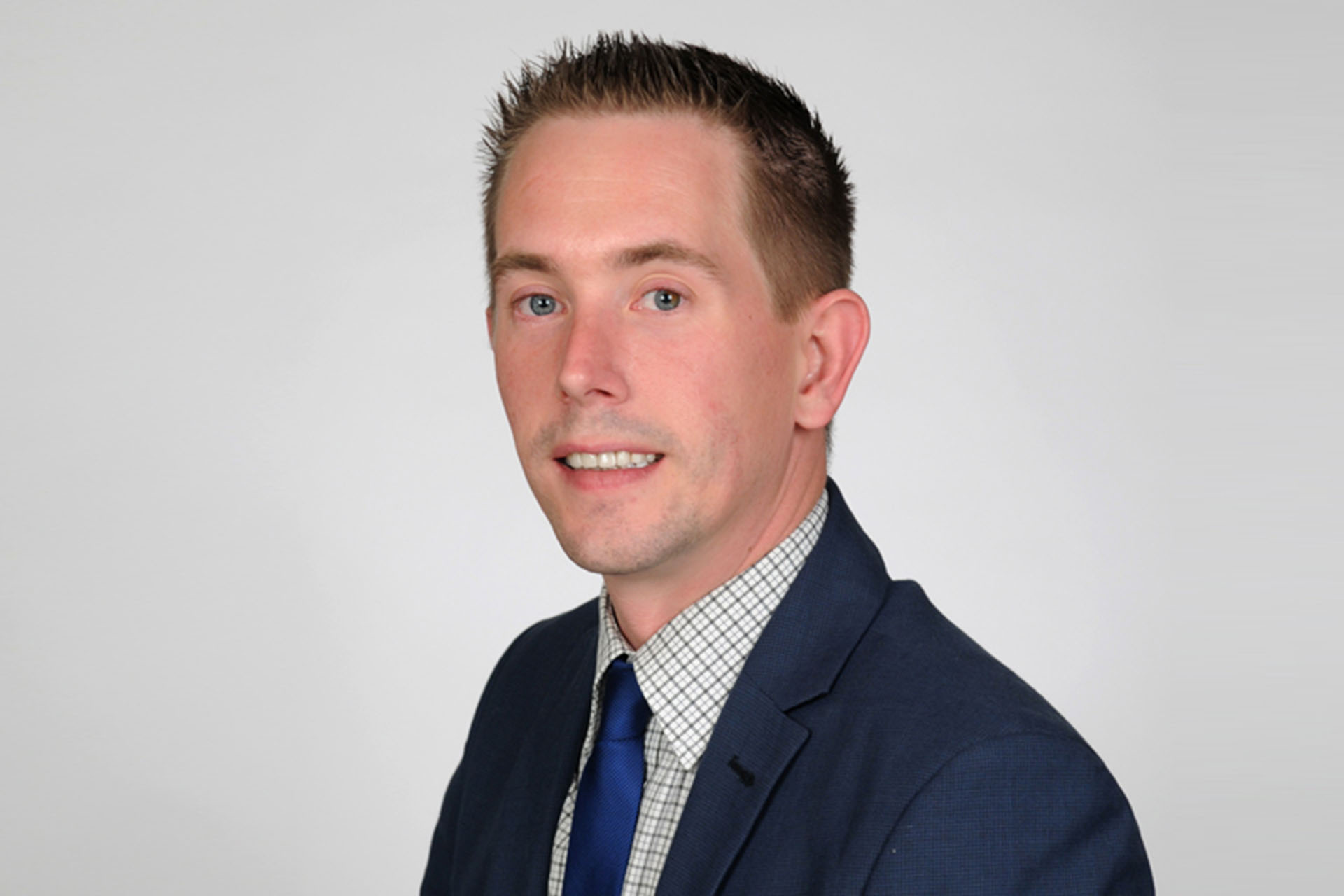
Youth Ambassador Konstantia Tsiaousi speaks with Detective Sergeant Duncan Montague of Hertfordshire Constabulary.
Shiva Foundation is coordinating a multi-agency anti-slavery partnership in Hertfordshire. Made up of over 15 agencies and organisations in the area, the Steering Group, which had its first meeting in May, has confirmed its commitment to work together to tackle modern slavery in the region. Operation Tropic, one of the founding members of the Steering Group, was launched by Hertfordshire Constabulary as a dedicated police unit to coordinate the response to modern slavery in Hertfordshire. Operation Tropic is being run as a pilot until August the 31st, to assess the effectiveness of a dedicated unit. In the lead up to the second Steering Group meeting next week, Detective Sergeant Duncan Montague talks to us about the pilot, the challenges, the need to raise awareness, and the future of the pilot.
Raising awareness is key. We are talking about professionals, members of the public and even victims themselves because sometimes they don’t even recognise that they are victims of this crime. So raising awareness might actually encourage someone to think that the situation they are in, is not right and be aware that there is someone they can turn to for help and support.
What is Operation Tropic?
Operation Tropic is a small team of one detective sergeant, two detectives and an assistant investigator. We coordinate the forces’ response, so we manage all of the intelligence that is coming through the force and look to develop that intelligence. We manage all of the NRM cases that are referred in. Equally, we support any investigation where human trafficking and modern slavery might be involved. We review cases and give specialist trafficking advice. At the same time we manage the reception centres. When there is a potential victim of human trafficking, instead of taking them to a police station which could be quite “clinical”, we take them to a centre which is properly managed by Operation Tropic. People there can get the support they need from the police perspective but also from our partners to make sure that potential victims are well supported in terms of health and psychology.
How was the idea for Operation Tropic born and why particularly in Hertfordshire?
In August last year, I was asked by my supervisor to have a look at the subject of human trafficking and modern slavery and see the relevant risks at Hertfordshire. When I had a look, I realised loads of other police forces around the country were doing things very differently and there was a need to be proactive. Hertfordshire hasn’t seen a high amount of cases of modern slavery, but we felt it is only right that we make sure we are in a place where we can respond when the time comes. We raise awareness to educate people, not just our officers but members of the community so we can formulate an effective response to human trafficking. And then, through the work we were doing we met Shiva Foundation and quite quickly formed a plan: a Steering Group engaging the police, Shiva Foundation and the local authorities.
What led you to get involved and be so devoted and dedicated to this idea? Is it your specific professional background and years of experience that lead you do it?
I’ve been in the police force for over 15 years. As a detective I’ve always been in the safeguard and serious and organised crime team. I was given the opportunity to look around the issue of modern slavery from a serious and organised crime perspective. I think anybody who looks into human trafficking and modern slavery issue will say the same: once you’ve taken a look at it, it stays with you. I became very passionate very quickly. The passion just came with seeing how indespicable this crime is and how vulnerable the victims are. That is what drives me to make a difference and to hope that what Hertfordshire’s doing sets the standards to fight this crime.
What were the challenges to launching this pilot?
The main challenge is a lack of understanding and awareness. We are going to be proactive and we are going to start doing things before we see a problem, to raise awareness and get people involved in something they might not see as a problem in their current field. The main goal is to make sure that people are aware that these crimes are hidden but while they’re hidden, they do happen in plane sight. Raising awareness is key. We are talking about professionals, members of the public and even victims themselves because sometimes they don’t even recognise that they are victims of this crime. So raising awareness might actually encourage someone to think that the situation they are in is not right and be aware that there is someone they can turn to for help and support. That’s why we need to encourage people to phone in and report even a small feeling they have about something that doesn’t seem right. Don’t keep it to yourself.
How did the Multi-Agency Hertfordshire anti-trafficking conference come to be?
I think we all recognised very early on that just one organisation would not be able to fight this crime on its own, precisely because this crime is hidden. Because of its complexity, it really does need for a multi-agency partnership plan. After that, we had this idea of the Steering Group, to have all the local agencies involved. We decided that a conference was going to be the best platform to get everybody there and interested.
What do you think is the future of this work? What are the successes you can tell us about? What are you proudest of?
It is definitely successful in terms of how we’ve seen an uplift in intelligence. Officers now are looking at things from a different perspective and they are approaching the issue in more detail. That in itself is a success to me: to change the viewpoint and to see that this crime is taken under consideration by both officers and the people. Because we are working with charities, NGOs and victims, we are happy because we now look at things differently. There has been a truly positive response by officers. They are willing to ask and learn more about how to handle situations and cases on modern slavery in the most effective way and our specialist team is there to help them and provide that knowledge for officers in Hertfordshire.
I think we all recognised very early on that just one organisation would not be able to fight this crime on its own, precisely because this crime is hidden. Because of its complexity, it really does need for a multi-agency partnership plan.
Do you feel confident that more counties will adopt this idea? And if so, how could this be done?
I do hope so. We are still in the beginning but a couple of other police forces are coming to visit Hertfordshire just to understand our Steering Group because they like the idea of it. They are looking at which practice they can take back, to see if they can replicate our model and to work towards something similar. Likewise, we’ve already visited other police forces to identify areas we could adopt and bring into our pilot and Steering Group. I would like to think that Hertfordshire will play its part in setting a point of good practice.


